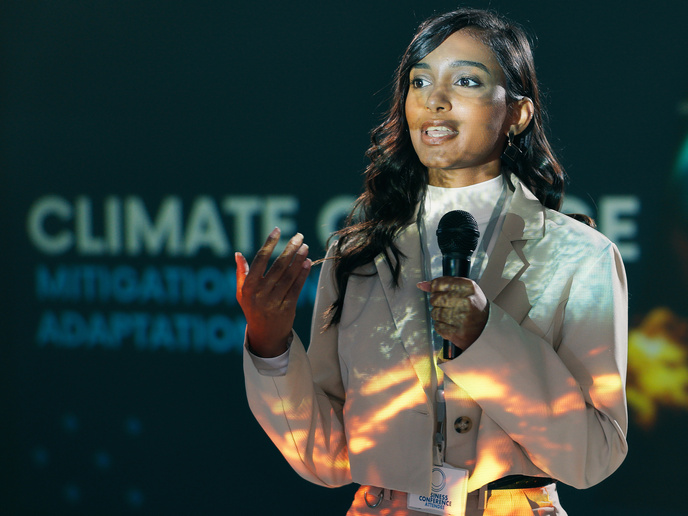Tell a story, protect the planet
Our planet faces several major threats. Near or at the top of the list are climate change and biodiversity collapse. In many cases, the approaches used to address such critical issues, especially by governments and the academic and scientific communities, don’t resonate with society. A research team at the University of Exeter in the United Kingdom argues that engaging the public by transforming jargony, inaccessible and detached language into more personal, emotional and narrative-driven communication can inspire real action to tackle crises. The paper was published in the journal ‘People and Nature’(opens in new window).
The human side of science
The researchers call for a shift towards storytelling in science, especially environmental science communication. “As environmental scientists ourselves, we feel frustration, a sense of loss, fear and sometimes helplessness at the lack of action to protect the planet,” commented climate scientist Karen Anderson from the university’s Environment and Sustainability Institute in a news release(opens in new window). “But researchers are expected to be rational – not emotional – for fear of being seen as less objective and trustworthy. This prevents scientists from using their knowledge, passion and creative skills to fully communicate the work.” Climate scientist Katherine Crichton, professor at the Department of Geography, added: “Existing methods of communication haven’t worked: the destruction of our climate and the natural world continues. We need to try something different. Humans are inspired by stories. By telling better stories, scientists can help inspire meaningful action to protect ourselves by protecting our environment and the planet.” The paper trials three new communication models for scientific writers. These action points aim to diversify environmental science communication. Today’s academic writing is based on the methods of 17th- and 18th-century gentleman scientists – financially independent male intellectuals who pursued scientific study as a hobby. “That form of writing clearly has its place – but we’re not only debating technical aspects of science for academic interest,” stated Crichton. “Everybody should be interested in the climate and biodiversity crisis – we are talking about our home, and that subject is too important to be confined to academic journals.”
Got a story to tell?
Angela Gallego-Sala, also a professor at the Department of Geography, explained: “We study these ecosystems because we love them – but we are expected to be removed from our subjects. In almost all communication of our work, the scientist remains ‘masked’ – a dispassionate source of data and analysis. In fact, as scientists we all have stories to tell about ourselves, the people we work with and the places we work in – and these stories could be vitally important.” The authors urge experimentation. “There is plenty of other academic work that advocates for scientific storytelling,” Anderson concluded. “The problem is that these other pieces don’t demonstrate how this can be done. Our piece tries to showcase different ways that scientists can experiment with more creative communication methods. We understand that it might feel strange to do this, but we hope that other scientists are willing to give this a try. It’s the start of a different type of experiment – an experiment with stories.”



